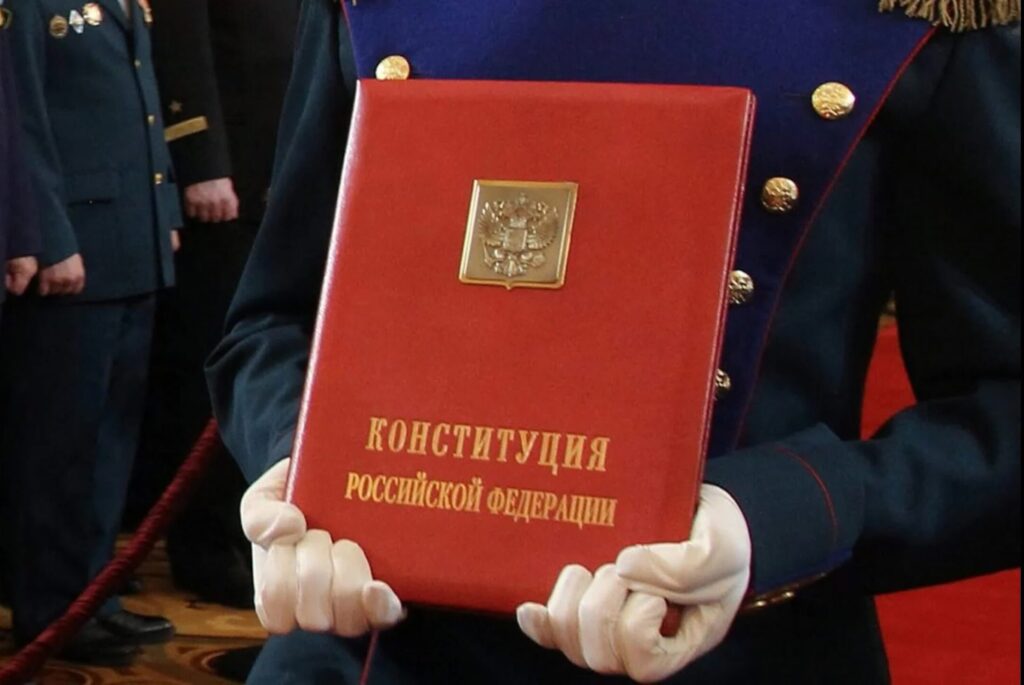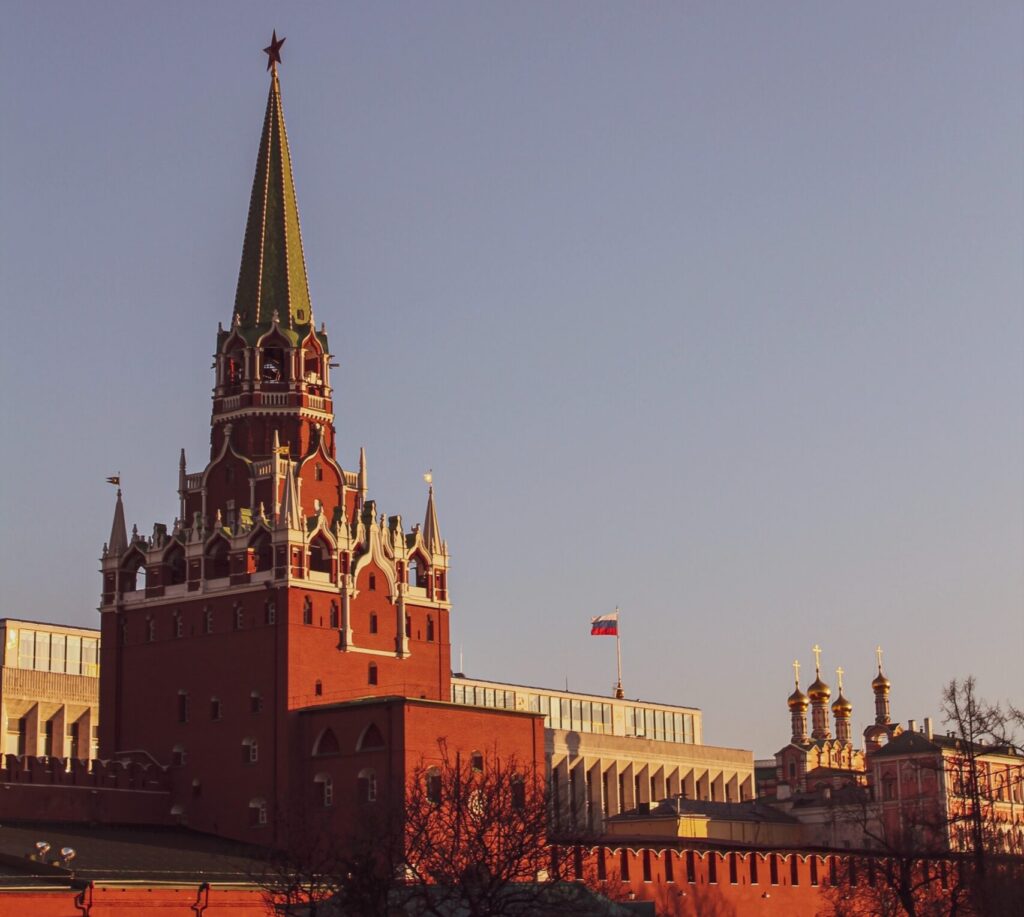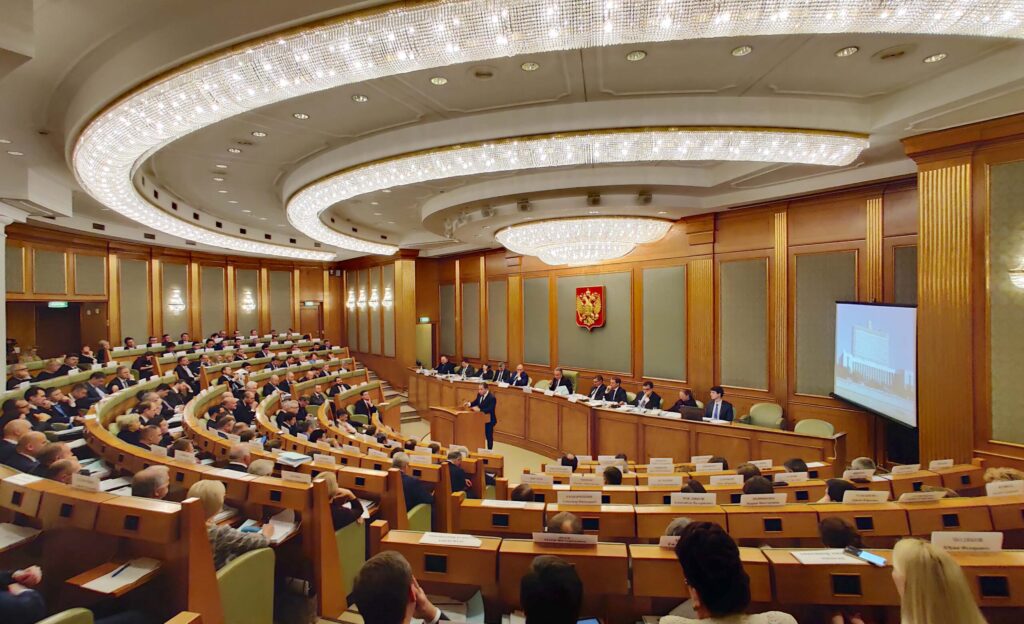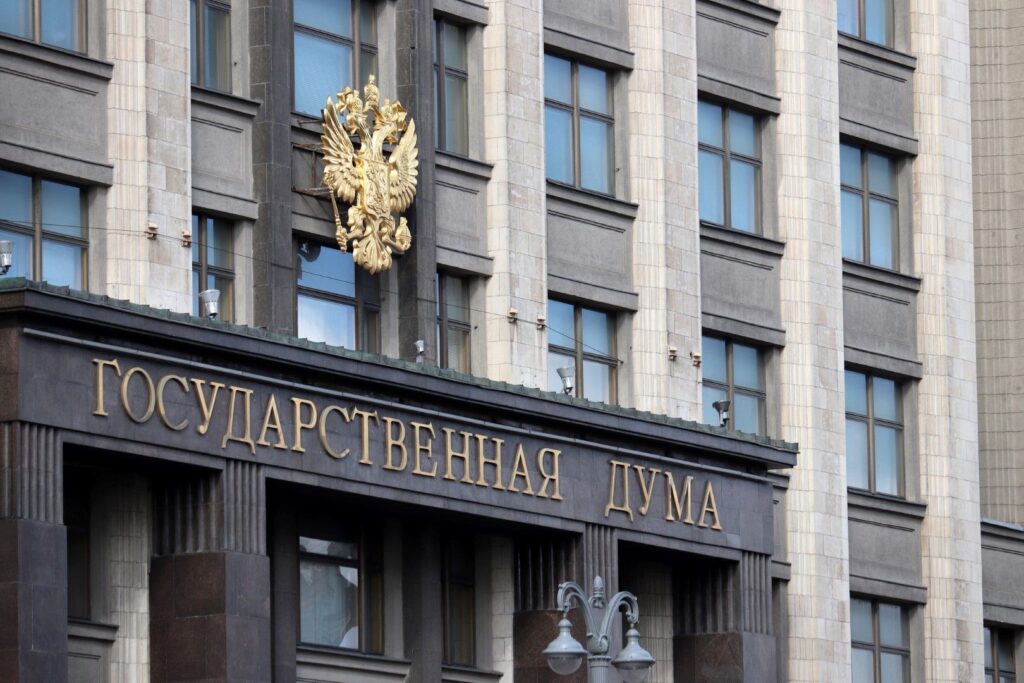About Russia
Russia is a country that stretches over a vast expanse of eastern Europe and northern Asia, it covers over 17,125,200 square kilometers. It spans over 11 time zones and incorporates a great range of environments and landforms, from deserts to semiarid steppes to deep forests and Arctic tundra.
Total population of the country is over 146.7 million. Russia is administratively divided into 85 federal subjects. The Moscow Metropolitan Area is the largest metropolitan area in Europe and among the largest in the world, with more than 20 million residents. Moscow and St. Petersburg are two most important cultural and financial centers in Russia and are among the most picturesque cities in the world. Other major cities include Novosibirsk, Yekaterinburg, Kazan, Nizhny Novgorod, Chelyabinsk, Samara, Omsk, Rostov on Don, Ufa, Krasnoyarsk, Perm, Volgograd, Vladivostok.
There are 193 ethnic groups in Russia. 80.9% of the total population are ethnic Russians, numbers of Tatars, Ukrainians, Bashkirs, Chuvash and Chechens in the country make up around 8.4% of the total population. These national groups speak many languages and follow different religious and cultural traditions. People in Russia speak over 100 languages. According to the data 142.6 million people speak Russian, followed by Tatar with 5.3 million speakers. Russian is the only official state language, but the Constitution gives individual republics the right to establish their own state languages in addition to Russian.
Today Russian Orthodoxy is the country’s largest religious denomination, representing more than half of all adherents. Also there are other Christian denominations, Islam, Judaism, and Buddhism.

The Constitution
Is the basic law of the Russian Federation. The constitution provides welfare protection, access to social security, pensions, free health care and affordable housing, it also guarantees local self-governance. Nevertheless, national law takes precedence over regional and local laws and the constitution enumerates many areas that either are administered jointly by the regions and the central government or are the exclusive preserve of the central government.
According to the Constitution, state power is exercised by the following bodies: the President, the Federal Assembly (the State Duma and the Federation Council), the Government and the courts. State power in the regions of the Russian Federation is exercised by regional state authorities.
The President
Of the Russian Federation is the Head of State. He (she) is the guarantor of the Constitution of the Russian Federation and of human and civil rights and freedoms, he (she) adopts measures to protect the sovereignty of the Russian Federation, its independence and State integrity, and ensures the coordinated functioning and interaction of State government bodies. The President of the Russian Federation determines the basic objectives of the internal and foreign policy of the State and represents the Russian Federation within the country and in international relations. The President is the Supreme Commander-in-Chief of the Armed Forces of the Russian Federation.
The President is elected for six years by citizens of the Russian Federation. Any Russian citizen not younger than 35 years who has resided in the Russian Federation on a permanent basis for not less than 10 years may be elected President.
The President may be impeached by the Federation Council only on the basis of charges of high treason or of another grave crime brought by the State Duma.


Executive power
is exercised by the Government of the Russian Federation. The Chairman (Prime Minister) is appointed by the President with the consent of the State Duma. In the event that the State Duma rejects the candidates for the post of Chairman of the Government three times, the President appoints the Chairman of the Government, dissolves the State Duma and announces new elections.
The Government consists of the Chairman of the Government of the Russian Federation, deputy chairmen and federal ministers. The Government heads the system of federal executive bodies: ministries, federal services and federal agencies. However, there are several ministries, federal agencies and services that report directly to the President, for example, the Ministry of Internal Affairs, the Ministry of Emergency Situations, the Ministry of Foreign Affairs, the Ministry of Defense, etc.
The Legislative branch
is executed by the Federal Assembly. It consists of the Federation Council (an upper house comprising appointed representatives from each of Russia’s administrative divisions) and the State Duma (a 450-member popularly elected lower house).
The President’s nominee for chairman of the government is subject to approval by the State Duma. If it rejects a nominee three times or passes a vote of no confidence twice in three months, the president may dissolve the State Duma and call for new elections. All legislation must first pass the State Duma before being considered by the Federation Council. A presidential veto of a bill can be overridden by the legislature with a two-thirds majority or a bill may be altered to incorporate presidential reservations and pass with a majority vote. With a two-thirds majority (and approval by the Russian Constitutional Court), the legislature may remove the president from office for treason or other serious criminal offenses. The Federation Council must approve all presidential appointments to the country’s highest judicial bodies (Supreme Court and Constitutional Court).
